“Photography for me is not looking, it’s feeling. If you can’t feel what you’re looking at, then you’re never going to get others to feel anything when they look at your pictures.”
Don McCullin
At the start of Sorrow, I return back to my childhood, I cannot escape the presence of my brother and his part in my evolution into being, equally I cannot escape his absence. Like Barthes I chase through shadows of photographs and memories past, looking for the essence of him. He has been gone for so long I can only form the image of him in my minds eye that are captured in those photograph.
My family photographs took me back to places that we had often visited and I began to repeatedly return to them.
I spend quite a bit of time walking, in fact this year I wanted to learn to map read, but a torn hamstring has stopped me getting out until recently. When I’m out I am usually out with my dog. Dogs see the environment so differently to us, they don’t process it with their eyes like we do, they inhabit it, they are in it ever present, not distracted by thoughts. Walking was also a habit of my childhood, it gave me freedom and time to think as well as being a mode of transport
I constantly record the changing landscape and there is rarely a day that goes by when I don’t walk. By accident or design I’m not sure how I stumbled on Don McCullins landscape photography. I have been transfixed by McCullin’s dark landscapes for quite some time. These vast watery places, have a feeling of malevolence, empty and devoid of all life.
McCullin witnessed much of humanities depravity to one another throughout his life and career as a photographer documenting human conflict and its aftermath.
My photographs are stark and they’re not meant to be comfortable to look
at. They’re to make you respond. The only way you are going to get the
message across to people is to shock them. They’re not going to be moved
by a cosy picture…I want you look at my photographs… and go away with
a conscience obligation.
Don McCullin
In this wonderful short video he discusses why he documents the landscape in the way he chose to.
McCullins desire to show, to witness to make us feel, did take its toll on his psyche, this is documented widely in numerous interviews. In the short film, by Hauser and Wirth he discusses his approach to his photography and why he photographs the Somerset landscape.
He describes walking as, stalking around the landscape and his images have incredible power. He talks about how, the landscape draws him in deeper and deeper into his own thoughts,
Further extending this idea in an interview in Apollo magazine where he refers to winter as a sorrowful time and his as negatives being haunted by those whose images, he captures and I wonder if these ghosts haunt his landscapes. Further describing the trees as like etchings and I can understand this their scratchy bare winter limbs reaching up in the sky.
The intensive way the images are developed in the darkroom, adds to the sense of foreboding adding to the sense of loss and sadness in his work.
I often think these images by McCullin were the turning point in my own work it gave me a method by which to consider and process my own feelings surrounding my siblings death. I didn’t want to tell the story in a straightforward way. Giving everyone the facts to mull over, to dissect, it felt to private for that. So I began to walk consciously observing the world around. This was at the time of the national lock down so I could walk quite often and not really see a soul, just me and my dog .
Photographing places, that my brother been and yet I had not ever been with him, was as strong as if I had. Annette Kuhns said in her book Family Secrets: Acts of Memory and Imagination, my mind had created a memory so strong, I did not need to have been at the actual event to remember it. My mind did it for me, in my need to connect to my brother in some way. To create new narratives with him at the centre of them.
I began to go back to the land we grew up in and to spend time in it. I began to research the myths and legends and ancient places of ancient Britain Dorset. Where stories and tales are central to the existence and the dead never truly leave us.
To be able to process my grief onto the landscape that I grew up in, to project it outwards from my being. I wanted to visualise, my feelings, to demonstrate how I felt in images and not words. This was the beginning of Sorrow.

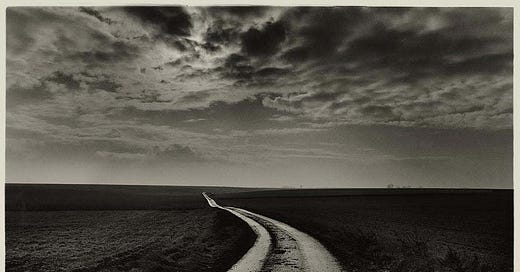



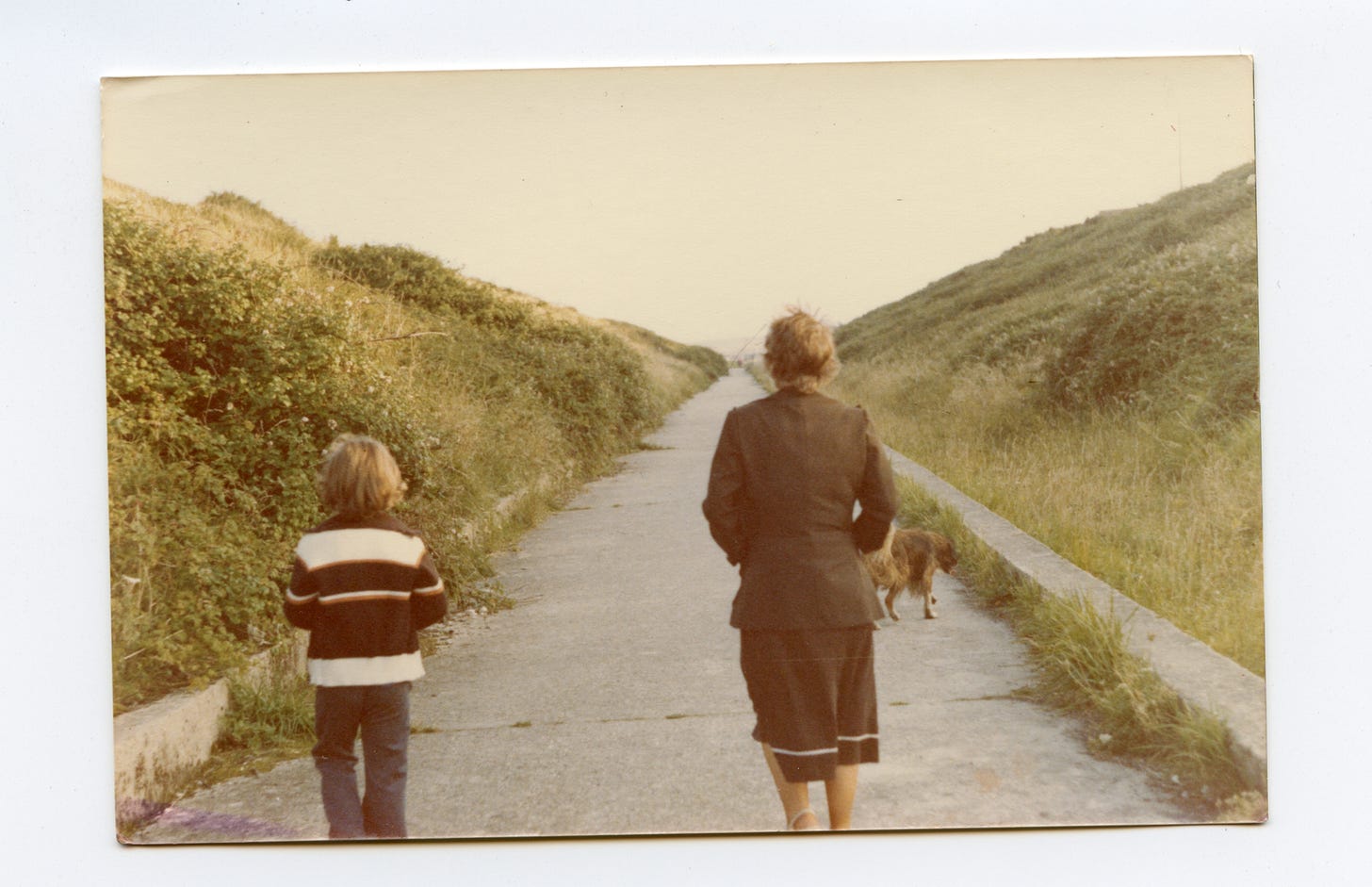
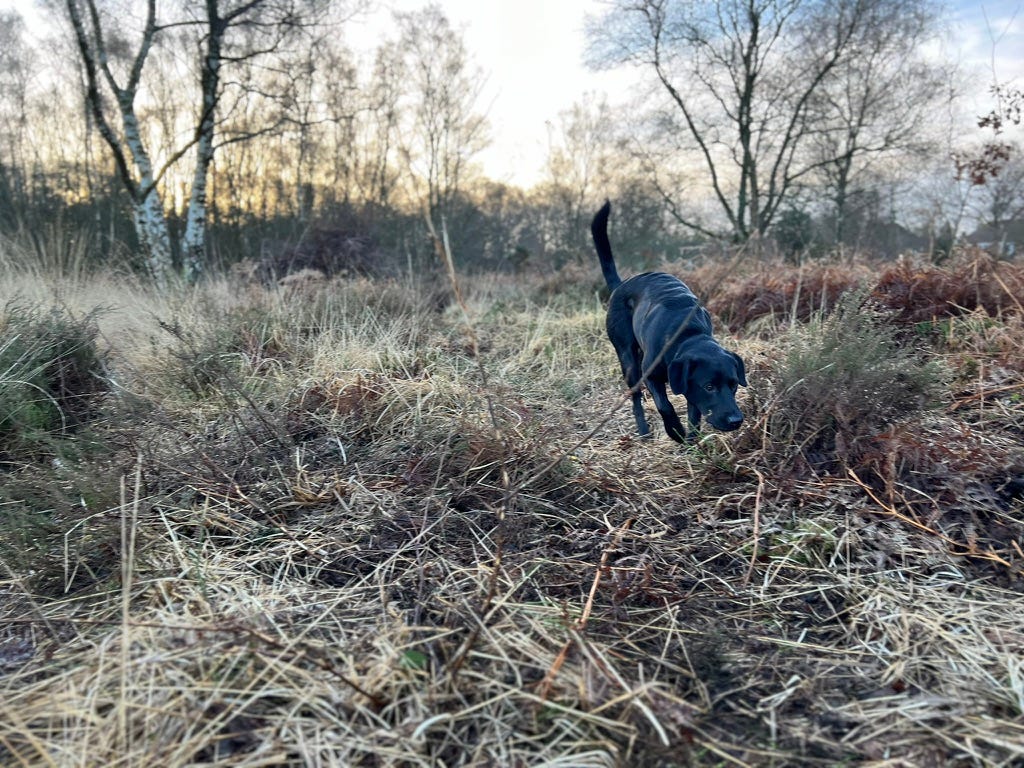
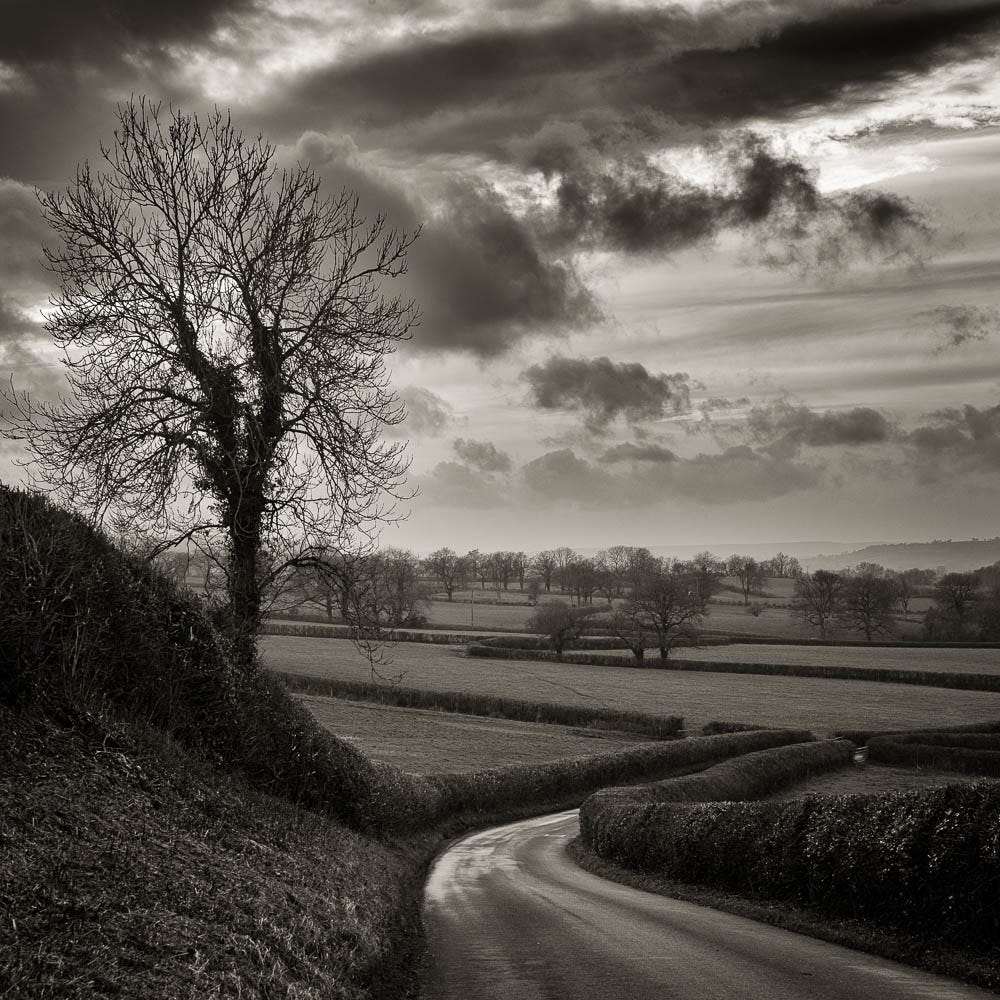
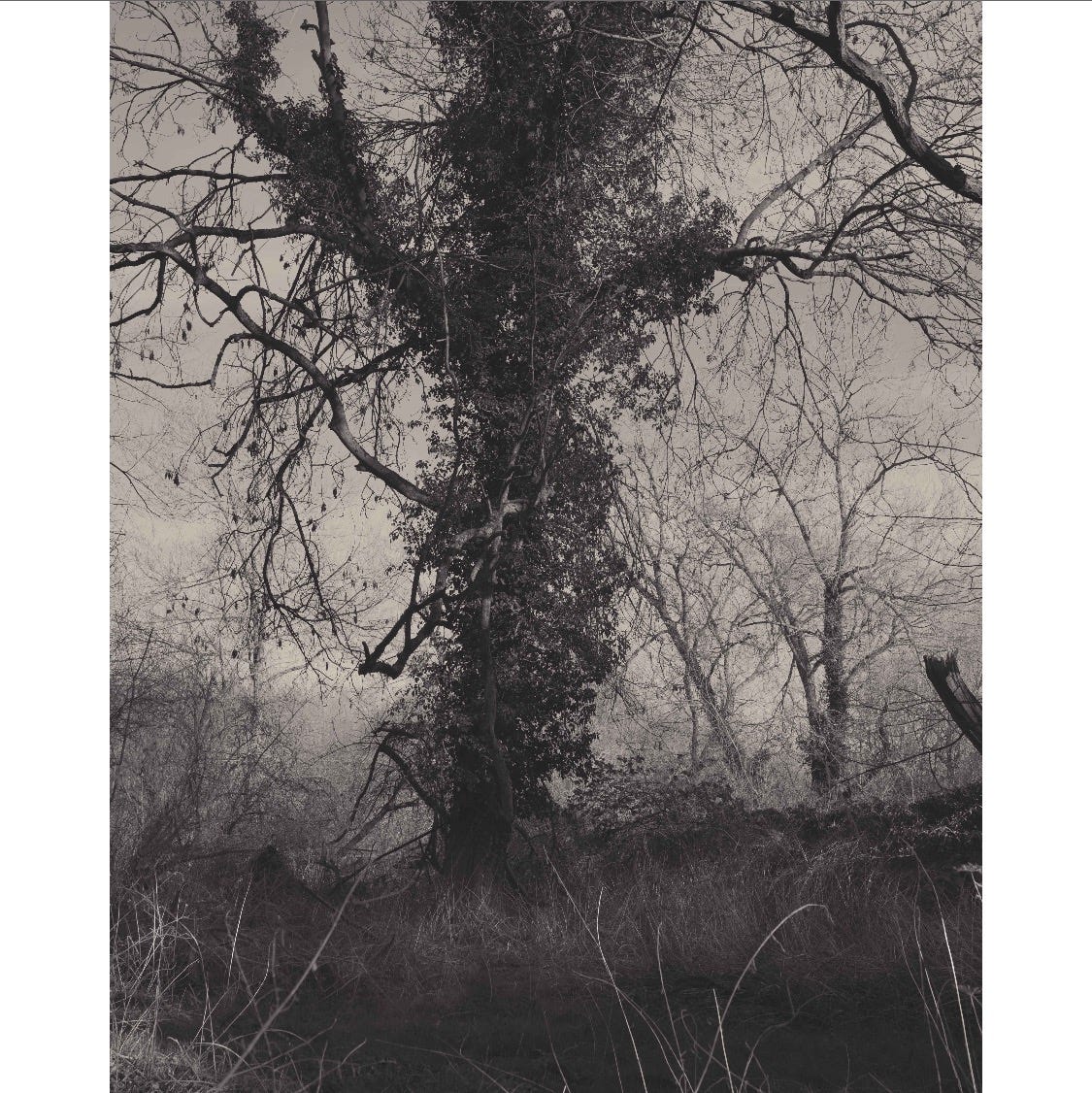
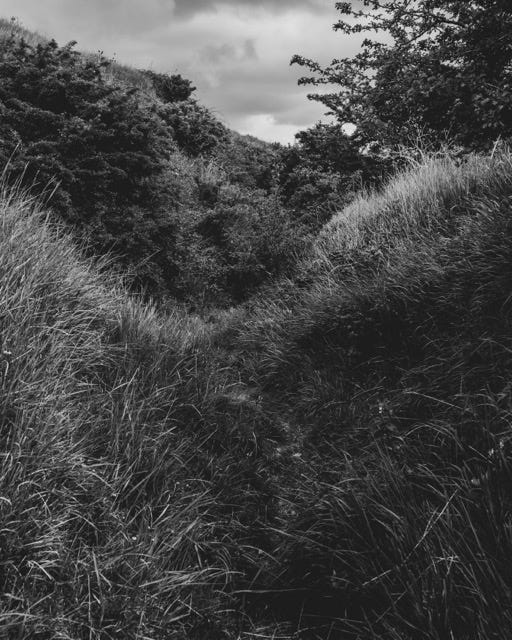
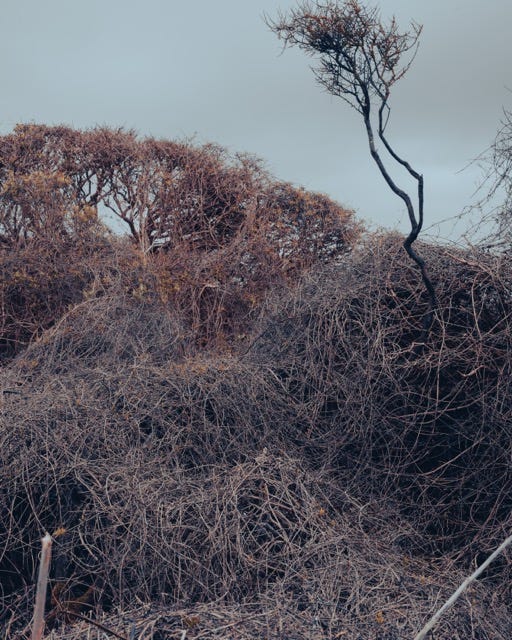
Thank you 🙏🏻😊
Beautiful, Dawn.